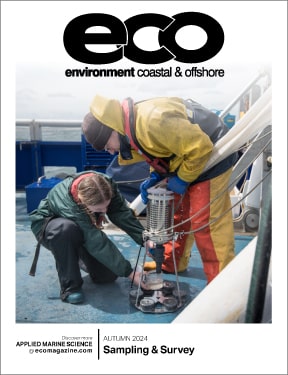The collaboration aims to provide a sustainable solution to existing limitations in gene editing for non-model organisms with sparse genomic data and protocols, focusing on improving key traits such as growth rate, disease resistance, and environmental adaptation in crustaceans, targeting giant freshwater prawn, white leg shrimp and red swamp crayfish.
The global shrimp market size was USD 40.35 billion in 2023 and is projected to grow at a compound annual growth rate (CAGR) of 7.09% during the 2024-2032 period 1. The global crayfish market is projected to grow at a CAGR of 31.5% between 2024 and 2032. These growing markets increasingly emphasize the need to expand sustainable aquaculture, making the technology developed in the frame of the collaboration exceptionally relevant.
During the first year, the partners successfully met the collaboration’s planned goals. Evogene leveraged its advanced GeneRator AI tech-engine and provided predictions for optimal guide RNAs (gRNAs), through several novel features: utilization of un-annotated genomes (lacking gene models), consideration of natural DNA variance in gRNAs design, and off-target prediction to increase editing specificity. This allowed Watershed and BGU to successfully produce the first edited giant freshwater prawn (Macrobrachium rosenbergii) with a selected target trait of the colored eye, post-larvae at advanced life stages, thereby achieving the main milestone in the utilization of CRISPR technology in crustaceans.
In the second year, the collaboration’s main target is to industrially scale-up CRISPR technology for giant freshwater prawn and expand the obtained application to the additional crustacean species, white leg shrimp (Litopenaeus vannamei) and red swamp crayfish (Procambarus clarkia).

